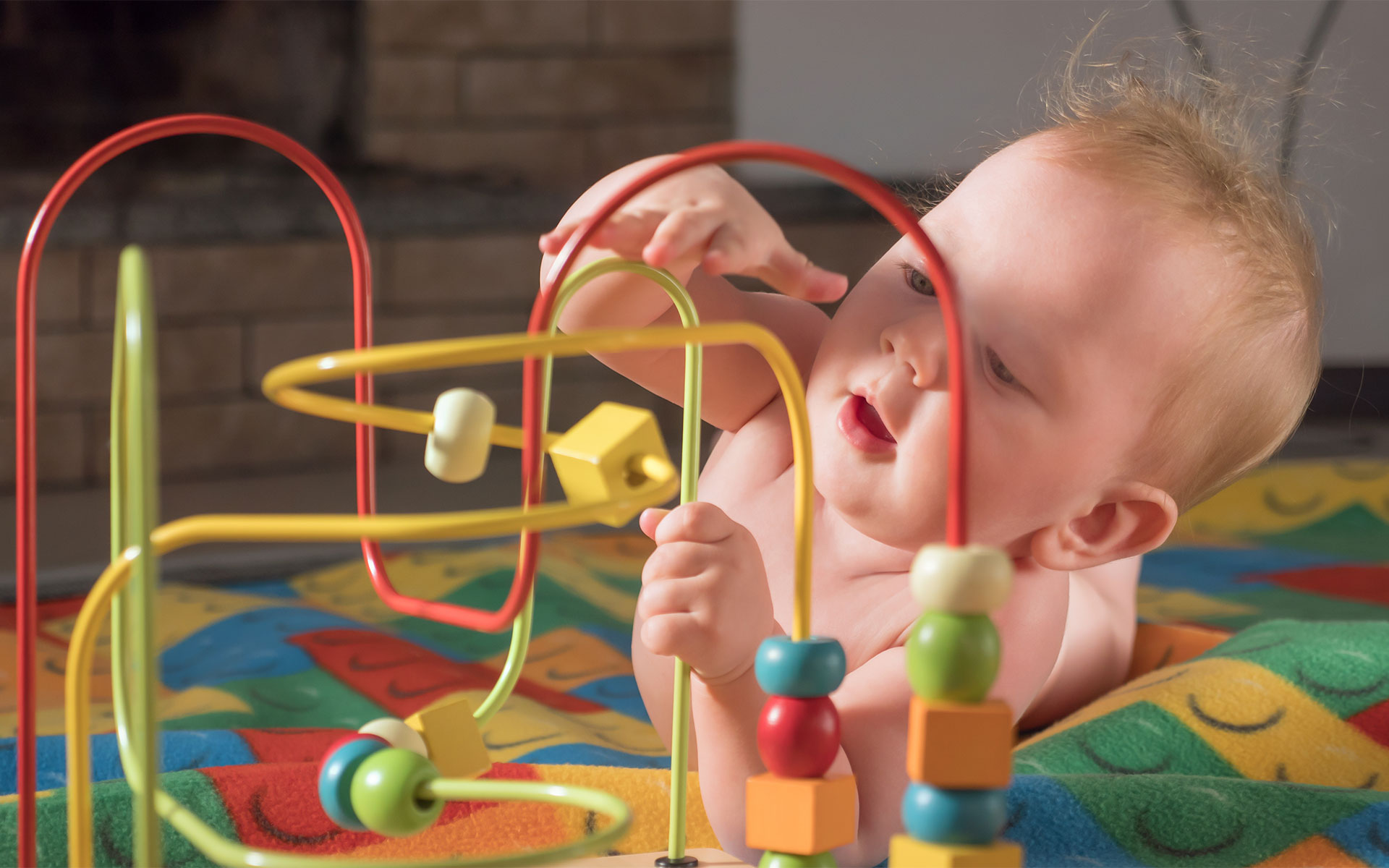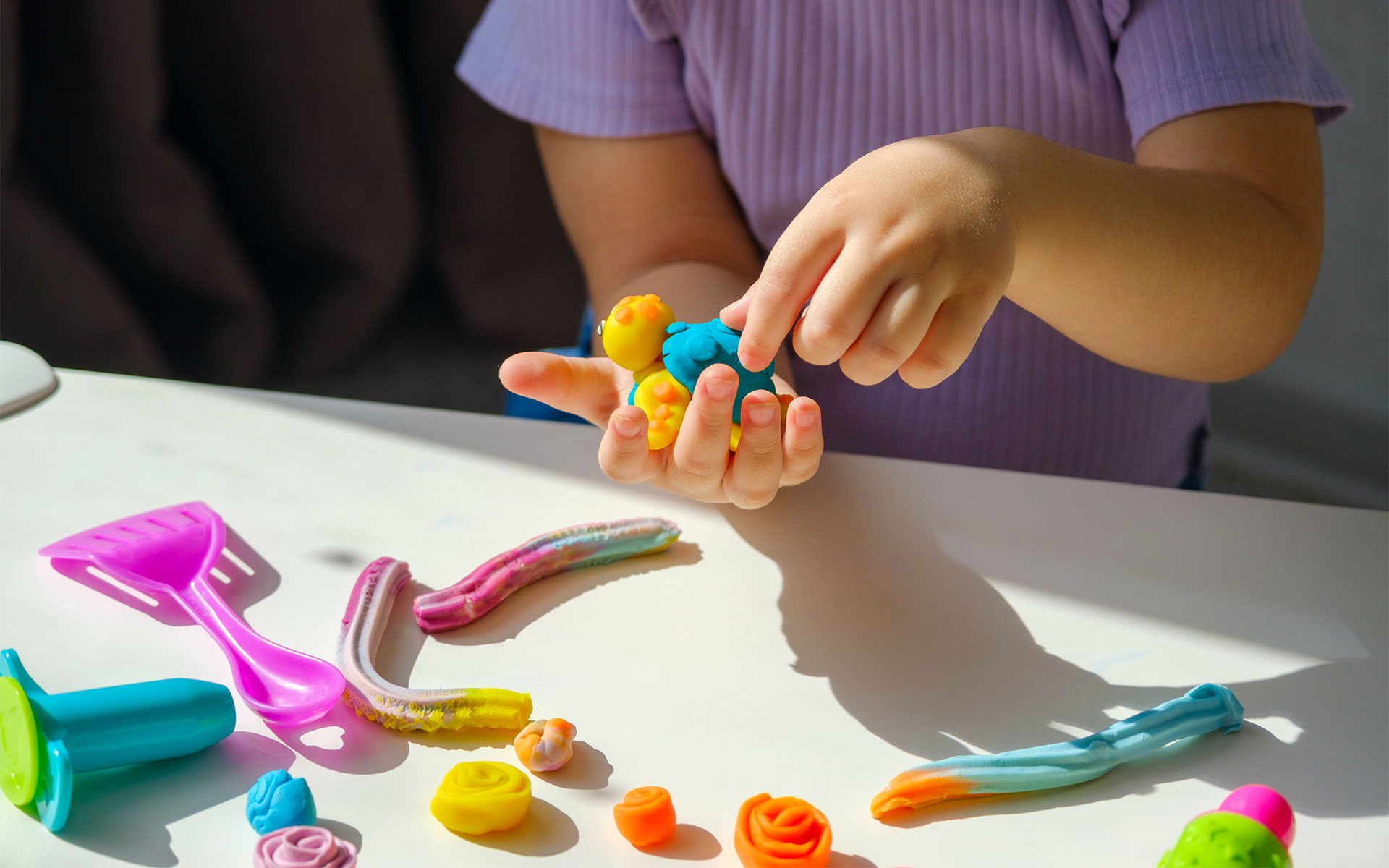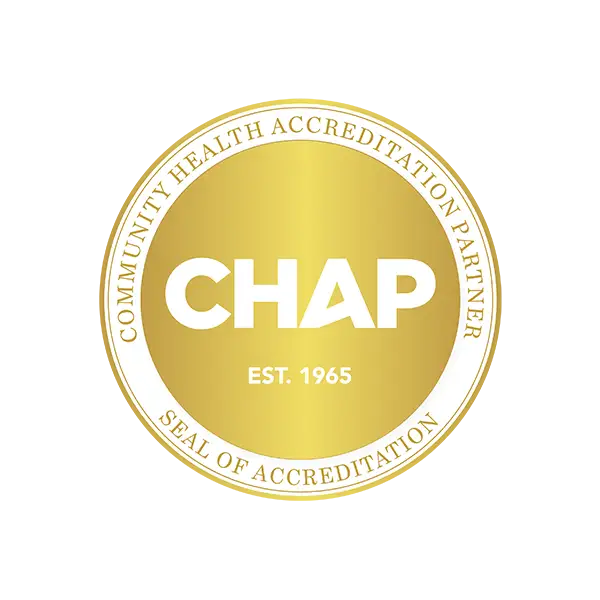
In the early stages of a child’s life, the development of motor skills lays the foundation for their physical abilities and overall well-being. Motor skills encompass a wide range of movements, from grasping objects to running and jumping. Nurturing these skills is essential for a child’s growth and independence. In this blog post, we’ll explore the importance of motor skills development and provide practical tips for parents and caregivers to support children in honing these essential abilities.
Understanding Motor Skills
Motor skills are divided into two main categories: gross motor skills and fine motor skills. Gross motor skills involve larger movements that engage the whole body, such as walking, running, and jumping. Fine motor skills, on the other hand, involve smaller movements, typically using the hands and fingers, like grasping objects, tying shoelaces, and writing.
Importance of Motor Skills Development

The development of motor skills is crucial for several reasons:
- Physical Health: Strong motor skills contribute to a child’s physical health by promoting strength, agility, and coordination. Engaging in physical activities helps prevent obesity and promotes overall fitness.
- Cognitive Development: Motor skills development is closely linked to cognitive development. Through movement, children learn about their environment, develop spatial awareness, and enhance problem-solving skills.
- Independence: Mastering motor skills empowers children to perform everyday tasks independently, such as dressing themselves, feeding, and grooming.
- Social Interaction: Many activities that develop motor skills involve interaction with peers, fostering social skills like cooperation, communication, and teamwork.
Tips for Developing Motor Skills
Now, let’s explore some practical strategies to promote the development of both gross and fine motor skills in children:
- Provide ample opportunities for physical activity: Encourage outdoor play, sports, and active games that require running, jumping, and climbing to enhance gross motor skills.
- Offer toys and activities that promote fine motor skills: Provide toys like building blocks, puzzles, and crayons that require precise hand movements to improve fine motor skills.
- Practice hand-eye coordination activities: Activities such as catching and throwing balls, playing with building blocks, and drawing can help improve hand-eye coordination.
- Encourage pretend play: Role-playing activities like cooking, playing dress-up, and building with blocks encourage creativity and fine motor skill development.
- Incorporate sensory play: Sensory activities involving textures, shapes, and colors stimulate the senses and promote motor skill development.
- Be patient and supportive: Allow children to explore and experiment with different activities at their own pace. Offer encouragement and praise their efforts to build confidence.
Developing motor skills is a vital aspect of a child’s growth and development. By providing ample opportunities for both gross and fine motor activities and offering support and encouragement along the way, parents and caregivers can help children build a strong foundation for physical, cognitive, and social development. Remember, every child is unique, so be patient and celebrate their progress, no matter how small. Together, let’s empower our children to reach their full potential.
For more personalized guidance on supporting your child’s motor skills development, contact KidsCare Home Health. Our experts are here to help your child reach their full potential.















